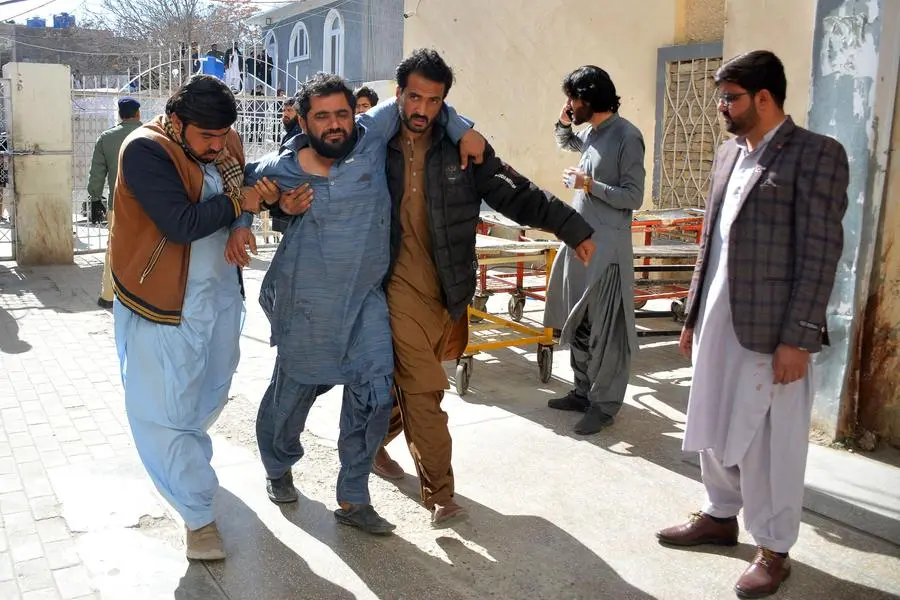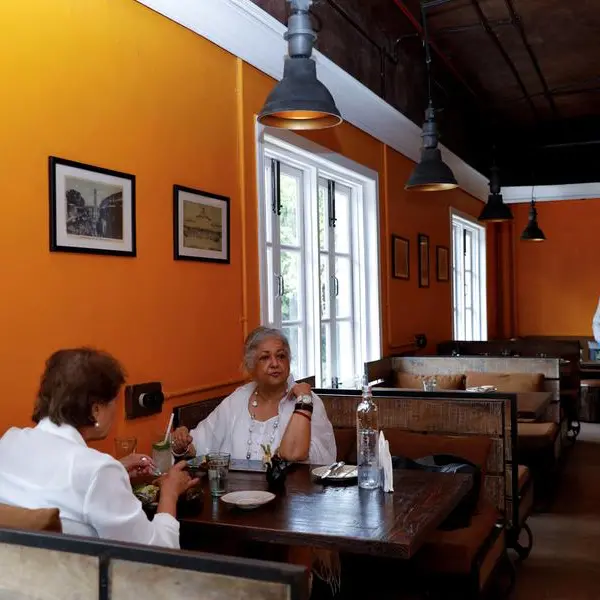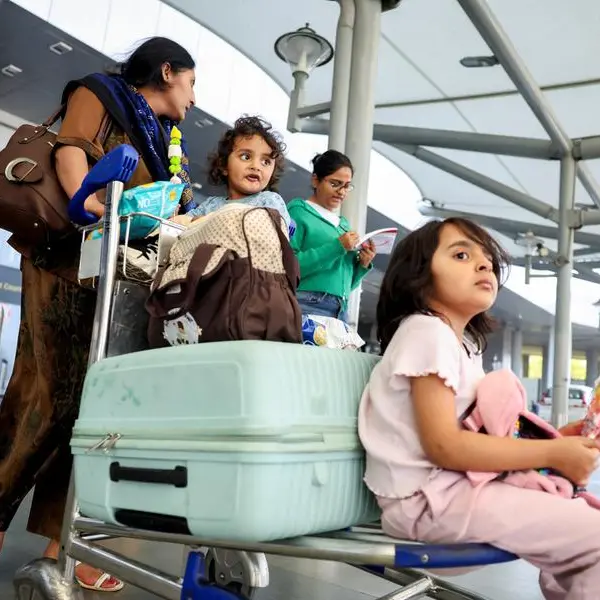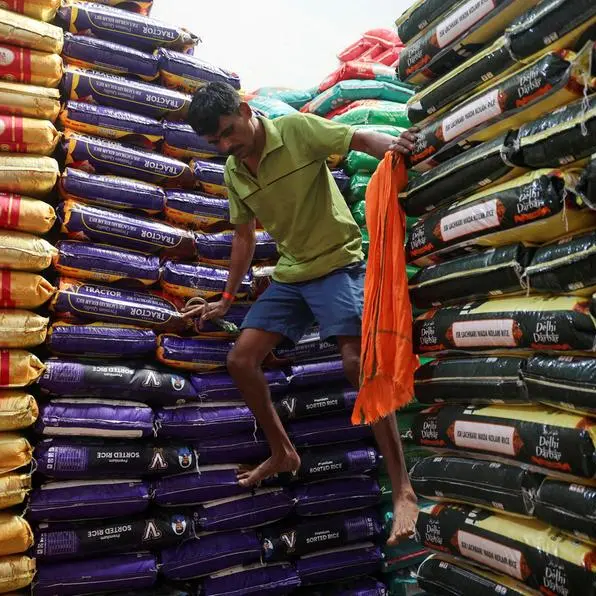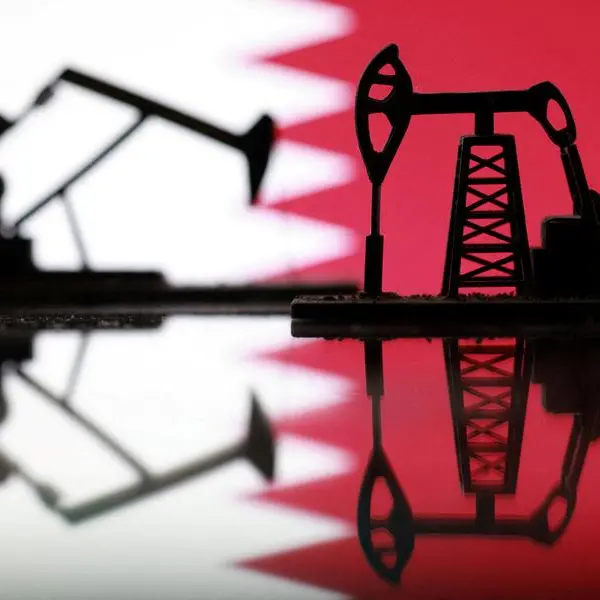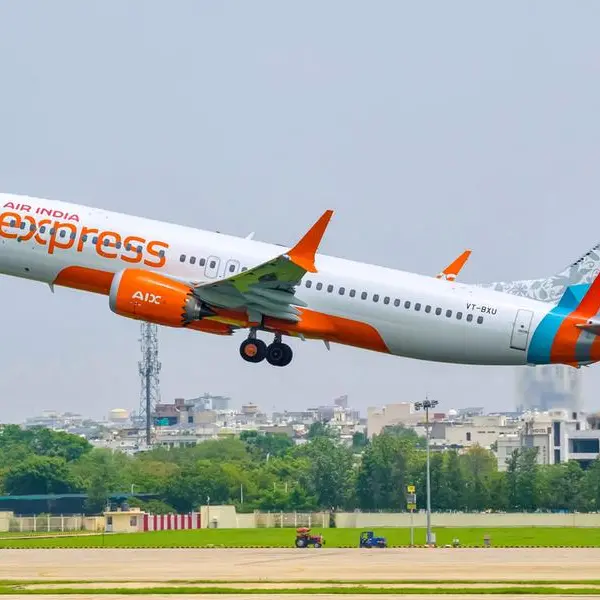PHOTO
At least 22 people were killed Wednesday in two separate bomb blasts outside the offices of election candidates in southwestern Pakistan, on the eve of a national vote marred by violence and allegations of poll-rigging.
More than half a million security officers were deploying ahead of Thursday's election, with authorities distributing ballot papers to more than 90,000 polling stations.
There have been multiple security incidents in the run-in to the vote, with at least two candidates shot dead and dozens more targeted in attacks across the country.
On Wednesday, a first improvised explosive device (IED) blast killed 12 people near the office of an independent candidate in Pishin district, around 50 kilometres (30 miles) from the city of Quetta and 100 kilometres from the Afghan border.
Caretaker information minister for Balochistan province Jan Achakzai and Quetta police said 25 people were also wounded.
A second IED detonated near the election office of a candidate for the Islamist Jamiat Ulema-e-Islam-F (JUI-F) party in the city of Killa Saifullah -- about 120 kilometres (75 miles) east -- according to Achakzai.
"At least 10 people were killed and 12 others injured," he told AFP.
"The incident took place in the main bazaar of the city area, where the election office of the JUI-F was targeted," a senior police official told AFP.
In July last year, 44 people were killed by a suicide bomber at a political gathering of the party in northwestern Khyber Pakhtunkhwa province.
- Rise in attacks -
The election has been marred by allegations of pre-poll rigging following a crackdown on the party of jailed former prime minister Imran Khan, winner of the 2018 poll, but booted out of power by a national assembly vote of no-confidence four years later.
Campaigning officially ended on Tuesday night and voting is due to begin at 8:00 am local time (0300 GMT) Thursday, closing at 5:00 pm.
The figures are staggering in a country of 240 million people -- the world's fifth most populous -- with around 128 million eligible to vote.
Nearly 18,000 candidates are standing for seats in the national and four provincial assemblies, with 266 seats directly contested in the former -- an additional 70 reserved for women and minorities -- and 749 places in the regional parliaments.
"We must ensure security measures at every level," Sindh provincial police chief Rafat Mukhtar told a news briefing Wednesday in the port city of Karachi.
The Pakistan Institute for Conflict and Security Studies, an Islamabad-based think tank, said there had been a "staggering" rise in militant attacks in the past year with an average of 54 per month -- the most since 2015, when the army launched a massive crackdown on militant groups.
Whoever wins takes over a deeply divided country, observers say, with the economy in tatters.
Inflation is galloping at nearly 30 percent, the rupee has been in free fall for three years and a balance of payments deficit has frozen imports, severely hampering industrial growth.
Pollsters have said the election has left the population at its most "discouraged" in years.
"The political atmosphere ahead of Pakistan's first general election since 2018 is equally as glum as the economic one," the polling agency Gallup said.
"Seven in 10 Pakistanis lack confidence in the honesty of their elections. While this ties previous highs, it nevertheless represents a significant regression in recent years."
